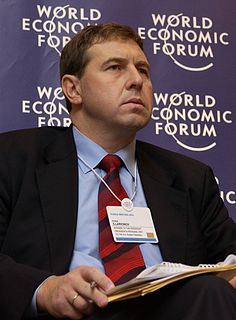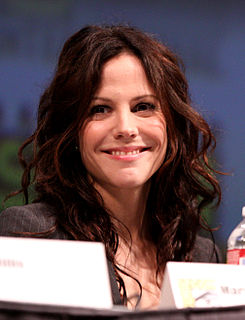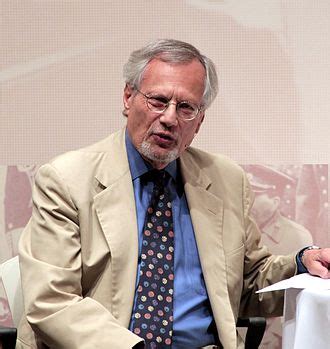A Quote by Jason Whitlock
Words matter, particularly when you're writing a story that could significantly damage a person's or an organization's reputation.
Quote Topics
Related Quotes
Plot-wise, there's nothing particularly groundbreaking about 'Scalped.' It starts off as something we've seen plenty of times before: the story of an undercover FBI agent infiltrating a criminal organization and the story of the guy at the head of that organization. The twist was always the setting: a modern-day Native American reservation.
I put a lot of stock in the written word, and the power of it. That's what I love about acting and reading scripts. Words are really powerful. I don't believe that axiom at all - words can absolutely hurt you. Words can wound. They can do a lot of damage. I think they can do way more damage than sticks and stones. I'll take sticks and stones.































